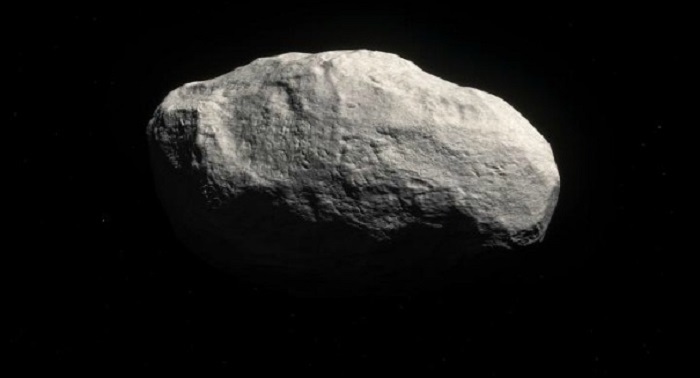Incredible comet discovery floors scientists

Scientists were searching for fossils and quite unexpectedly stumbled upon what are known as microtektites, which look like dark glassy spheres, as well as “shocked quartz” that are indicative of a extraterrestrial object colliding with the Earth with incredible force and speed, according to a statement form the institute. They found three microtektites per gram of sediment examined, which is quite a lot.
Scientists think this resulted in a huge spike in global temperatures, which probably rose by 5 to 8 degrees Celsius for the next 150,000, also likely triggering a tremendous rise in sea level and the extinction of many species.
“This tells us that there was an extraterrestrial impact at the time this sediment was deposited – a space rock hit the planet,” said Morgan Schaller, an assistant professor of earth and environmental sciences at Rensselaer, and corresponding author of the paper. “The coincidence of an impact with a major climate change is nothing short of remarkable.
“In sediment records, when you look at the ratio of carbon-12 to carbon-13 in a particular species, you see that it’s stable and then it abruptly shifts, wiggles back and forth and slowly returns to pre-event values over hundreds of thousands of years,” Schaller continued.
“This evidence defines the event, and tells us that the atmosphere changed, in particular adding carbon from a source depleted in carbon-13. A comet impact on its own may have contributed carbon to the atmosphere, but is too small to explain the whole event and more likely acts as a trigger for additional carbon releases from other sources.”















































